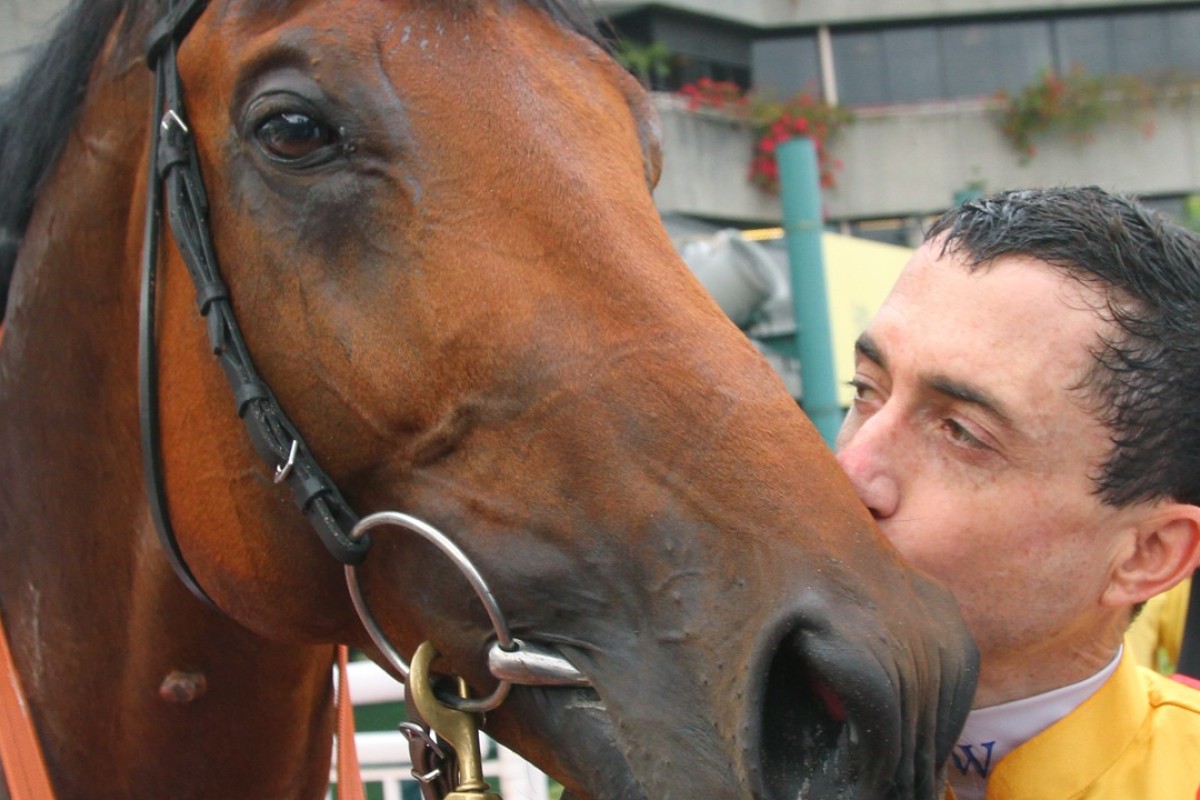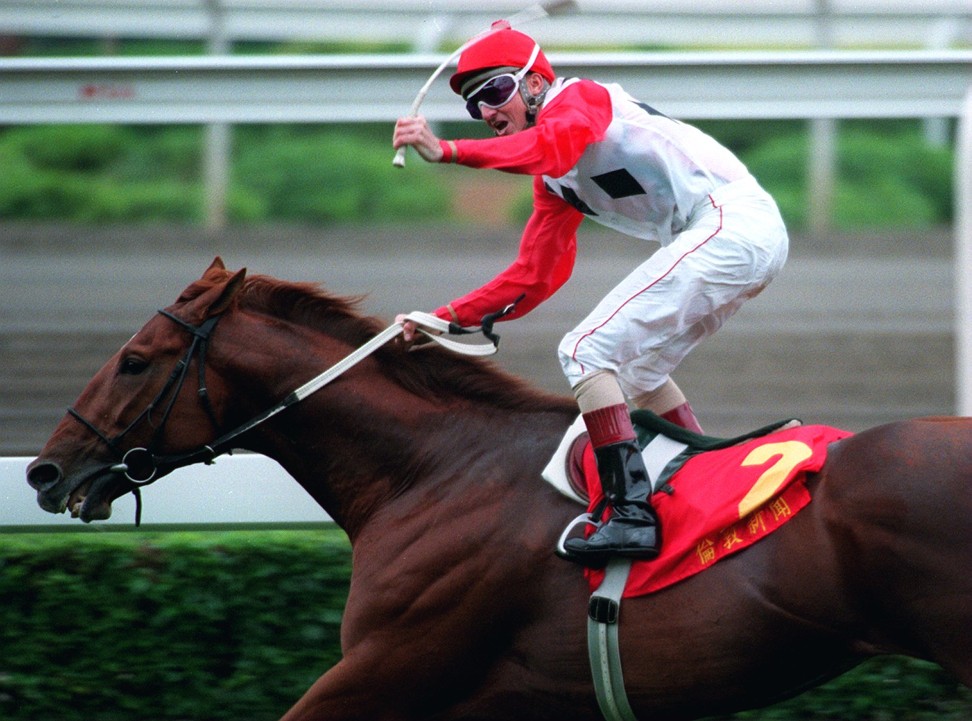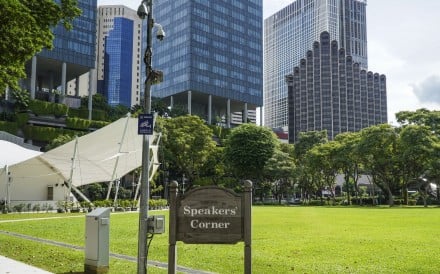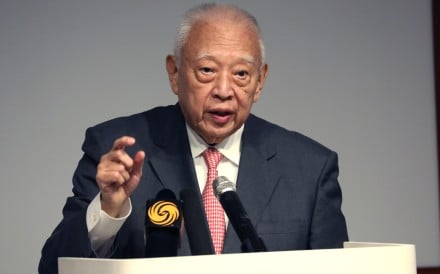The Hong Kong career of 13-time champion jockey Douglas Whyte has almost straddled exactly the post-handover era of racing after arriving for the 1996-97 season.
He won on opening day and added 24 more wins to December – three-month stints were the norm then – before heading home but, after he returned in April for an historic QE II Cup win on South African galloper London News, club officials lured him to stay on and Whyte has been here since.
“I’ve seen plenty of changes. And, if you’re talking horse quality, international recognition, the growth of the international meeting and, more recently, things like simulcasts and commingling, the HKJC has never let the grass grow under its feet,” Whyte said.
“It’s remarkable. They’ve kept up with the best practices in everything and not many jurisdictions anywhere, if any, can do that.
“One thing specific to jockeys is the attention to professional stewarding and safety. The club is a world leader. Racing is as safe as anywhere, you know the rules and where you stand and that’s why Hong Kong is so respected by jockeys around the world.”
Whyte vividly recalls the modest quality of horse flesh that caught his attention when he landed.
“There were decent horses at the top, but you noticed the difference on, say, a Class Three,” he says. “People have been encouraged to spend the money to get internationally competitive horses and it is a clear difference in quality now.”
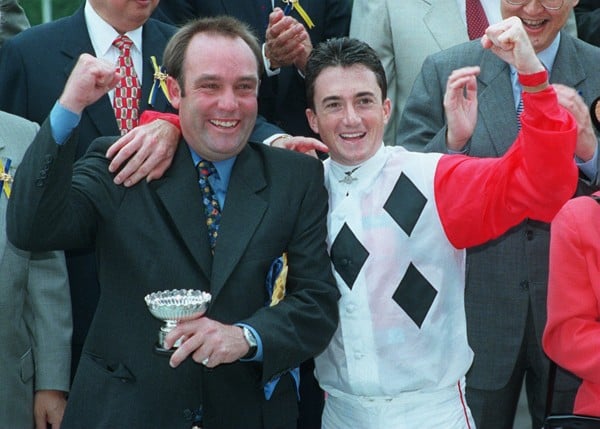
“Owners weren’t as opinionated as now. When it came to programming, tactics, choice of jockey, they tended to defer to the trainer and jockey,” he says.
“Possibly because there were more retained jockeys – owners were obligated to use the stable jockey and they had a closer relationship.
“Now a horse might change jockey every start. I’m not saying that’s wrong – with the bigger money owners are spending, they want to have more input, but it is different.
“Even as a retained stable rider – and I rode for three different yards – it was more, how would you say, gentlemanly?
“When I rode for Ivan Allan, if his horse was not ready, he would use the stable apprentice and I was free to chase a better ride from another yard.”
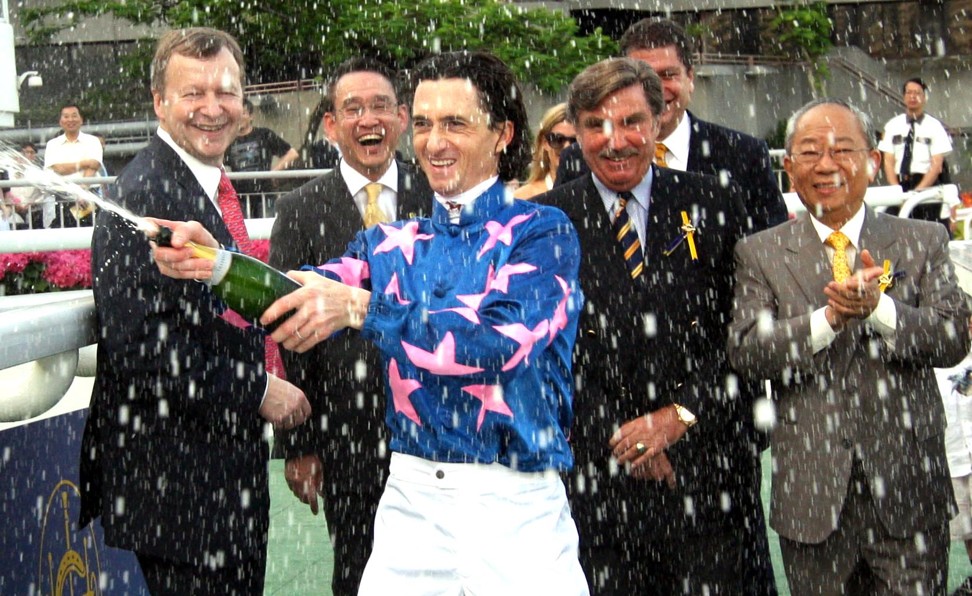 During his 13-year reign, rivals saw Whyte’s clout and competitiveness as serious obstacles to getting ahead but, in his post-championship era, the South African says all aspects of riding have become even tougher.
During his 13-year reign, rivals saw Whyte’s clout and competitiveness as serious obstacles to getting ahead but, in his post-championship era, the South African says all aspects of riding have become even tougher.
“It’s more cutthroat getting on good rides than ever and, during a race, jockeys are much less willing to give an inch, even if their horse has no chance or is already beaten,” he said.
“The other obvious difference is the length of seasons. Twenty years ago, we finished in the second week of June, with a full two months off in summer and a week or 10 days at Christmas. You’d finish a season as fresh as you started it but, these days, it’s pretty intense.”
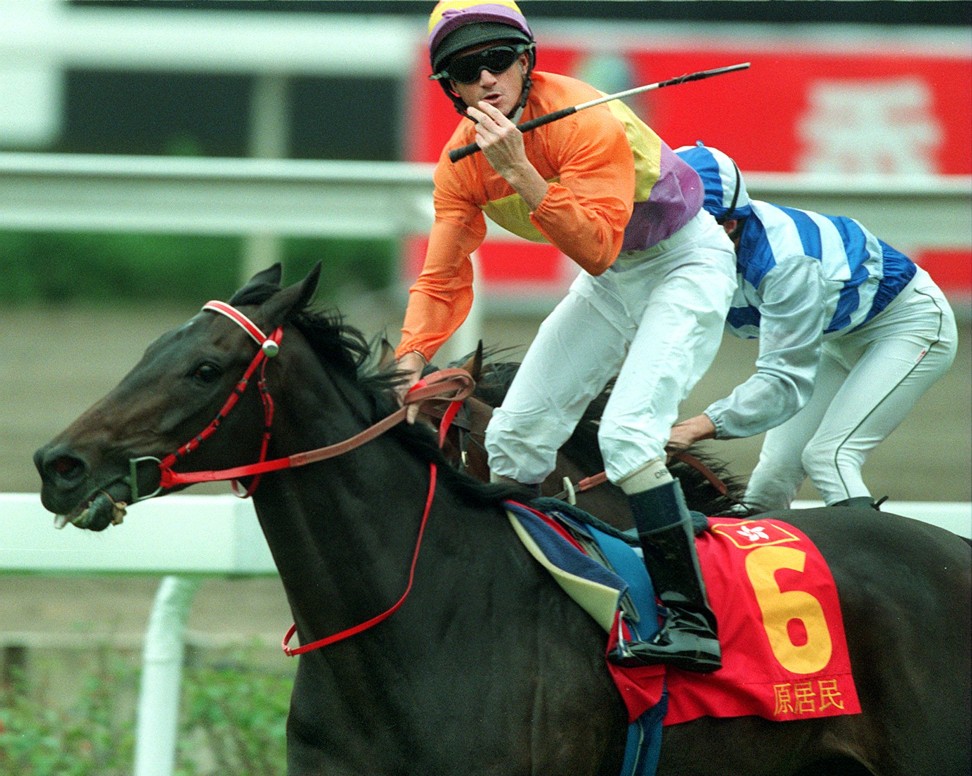
In March 1997, the jockey list was: six local riders, 21 apprentices, eight stable-retained jockeys and just three club jockeys. In the 1996-97 season, there were 16 jockeys or apprentices with four winners or less, nine with fewer than two.
“There were more locals riding but I do think the apprentice riders are of a far better quality now,” Whyte said.

“You don’t have as many sitting around without rides and getting one or two wins a season.”
For the Jockey Club, that reduction of ‘idle hands’ was all about integrity, but the club also changed the rules in 2005-06 and gave locals a weight allowance to assist their competitiveness with the expatriates and saved them from imminent extinction.
The season’s yield from all local jockeys combined had dropped to 62 wins in 2003-04 and 64 the following year before the allowances brought a resurgence to 132 in 2005-06.
